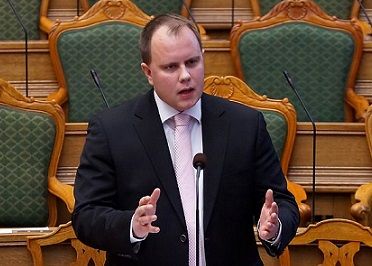With what is obviously more than one eye on the upcoming Danish general election, Dansk Folkeparti has tabled a parliamentary motion that in order to statistically be counted as a Dane, you have to be at least fourth or fifth generation.
READ MORE: Immigrants (whoever they may be) condemn homosexuals and women “asking for it”
According to the party, being born in Denmark and having Danish citizenship is nowhere near good enough; in cases such as this, you should be considered a descendant, and so part of the ‘immigrant’ segment when it comes to statistics.
This year’s model
“We want a working group set up to develop new models and define even more groups when it comes to describing how many people in Denmark have an immigrant background,” DF’s spokesperson on immigration, Martin Henriksen, told BT.
READ ALSO: Poll reveals opposition to citizenship for devout Muslims
“If politicians don’t know the full extent of immigration and the descendants of immigrants, there is a real risk that things could get out of control if we don’t act, so we need to consider whether the tools used by Danmarks Statistik [the national statistics keepers] are adequate.”
An insurmountable stumbling block
Henriksen did concede that third-generation immigrants are not a homogeneous group and that some could be considered Danes.
However, “a large group of people with a Middle Eastern background cling so firmly to family traditions that it just doesn’t make sense to call them Danish,” he said.
According to Henriksen, the main stumbling block is Islamic convention that discourages Muslim women from marrying ethnic Danes, so their religious rules rule out integration.
“If you as a Muslim want to be part of the Danish community, you must – as a minimum – break with this aspect of Islam,” he said.
“Otherwise it is totally impossible for you to become Danish at any point.”















